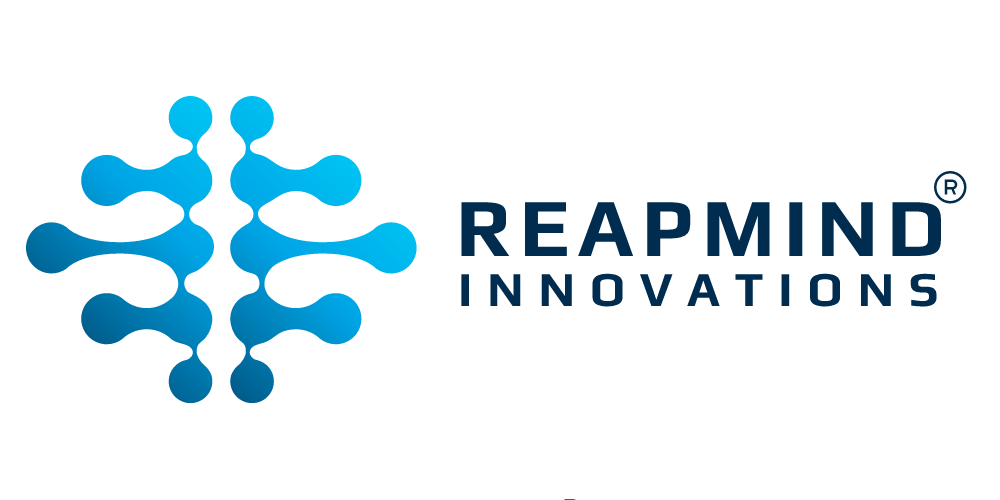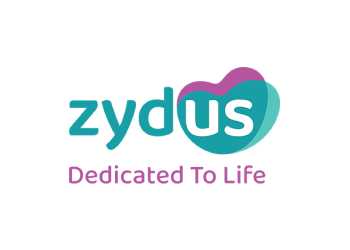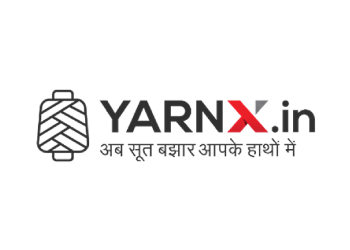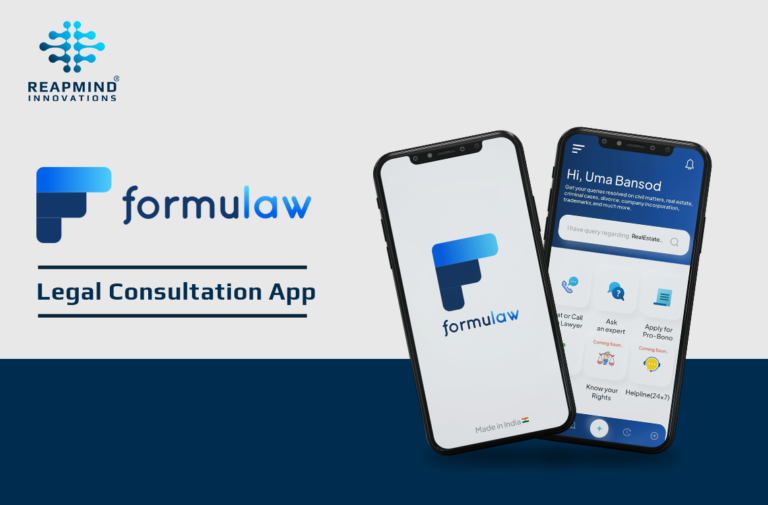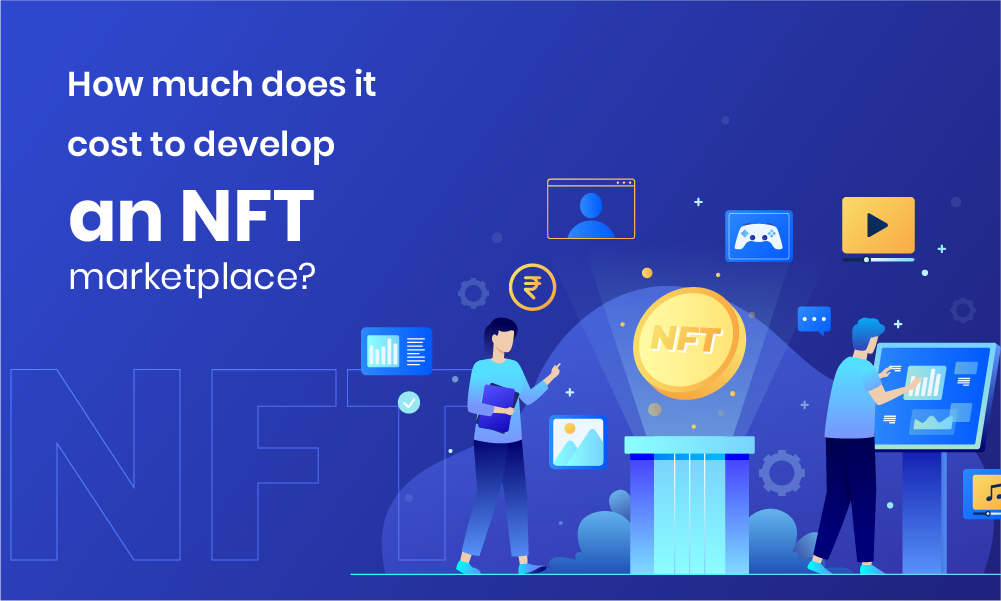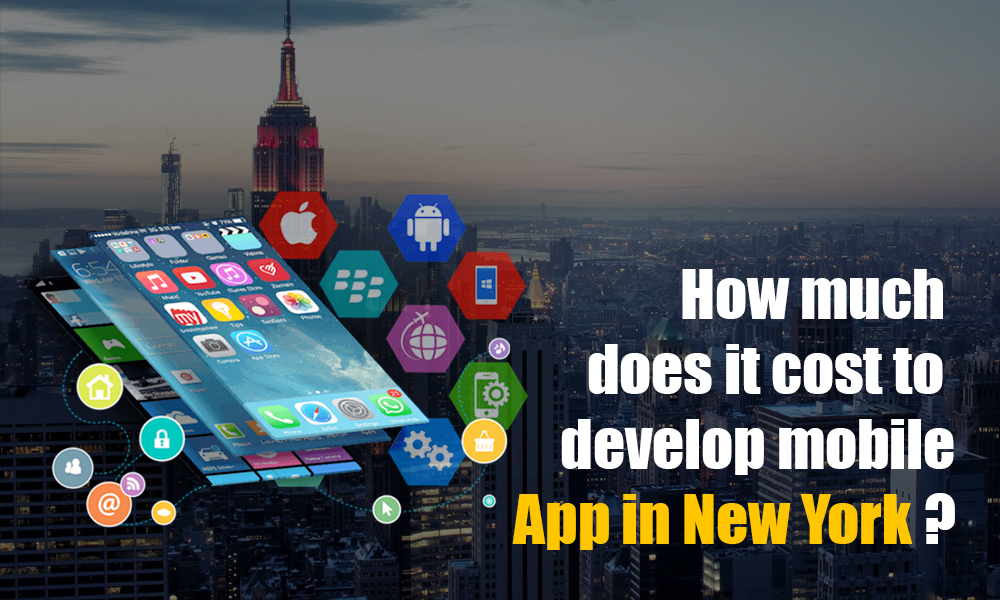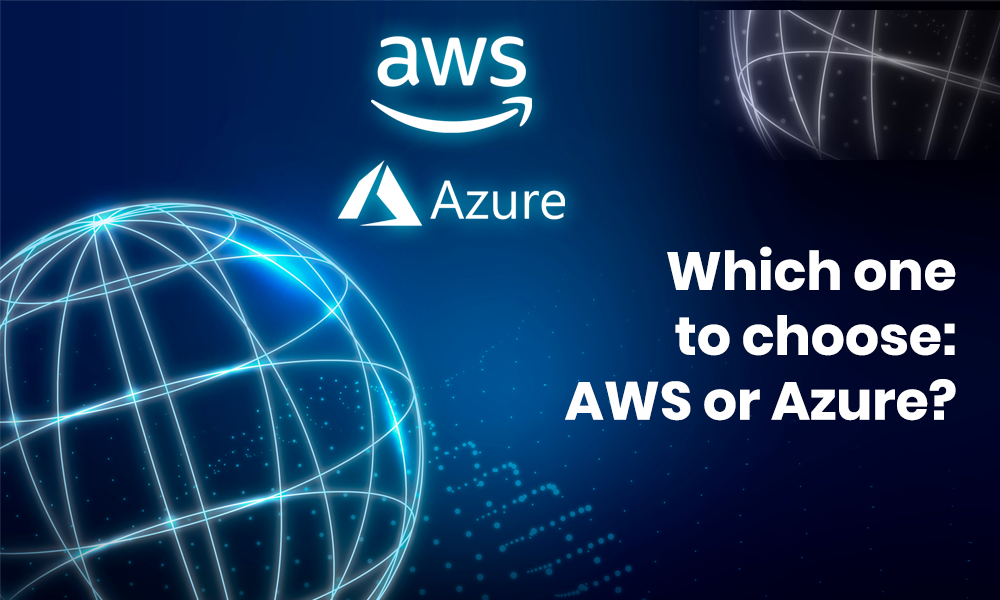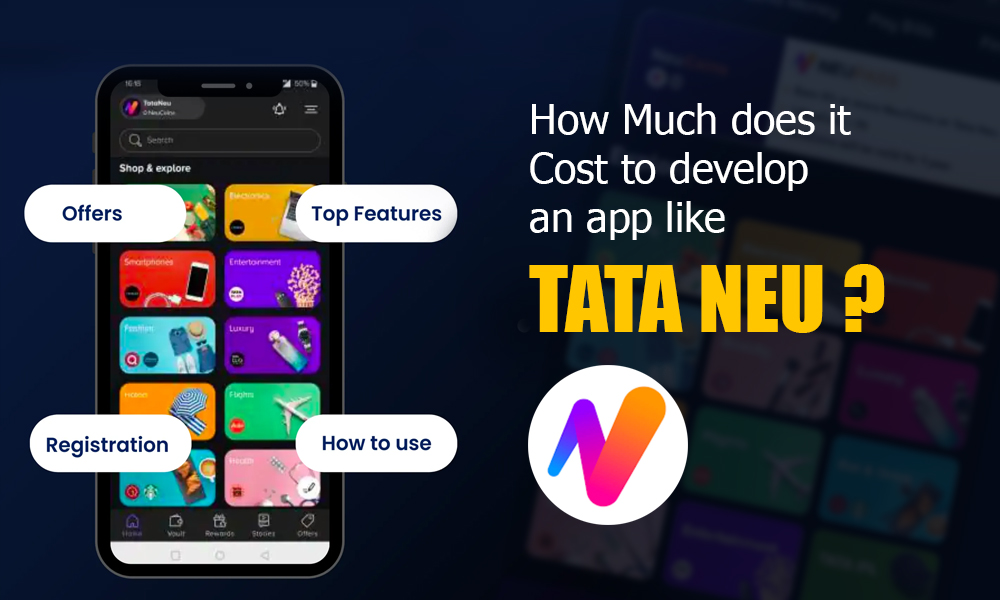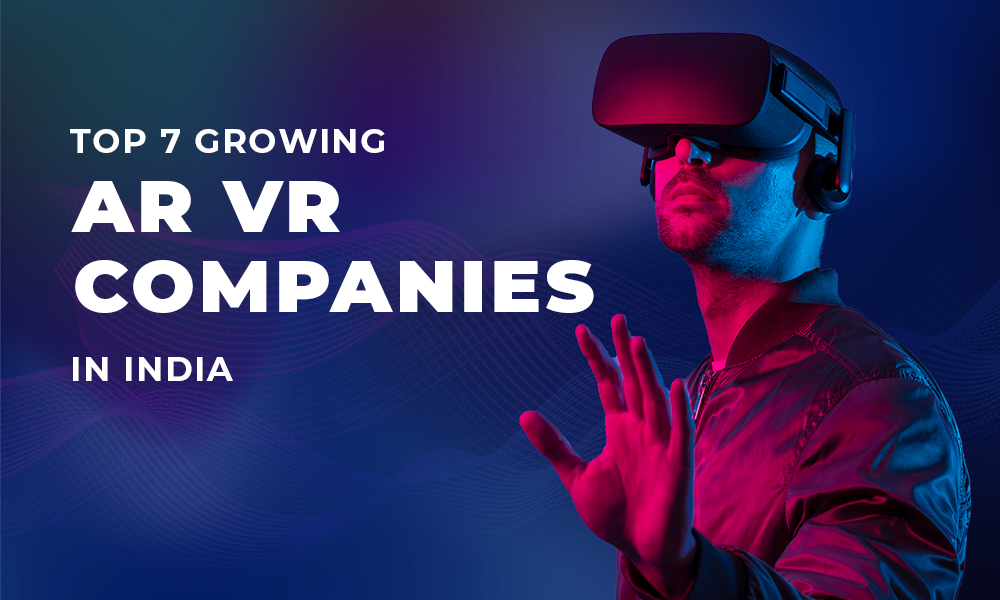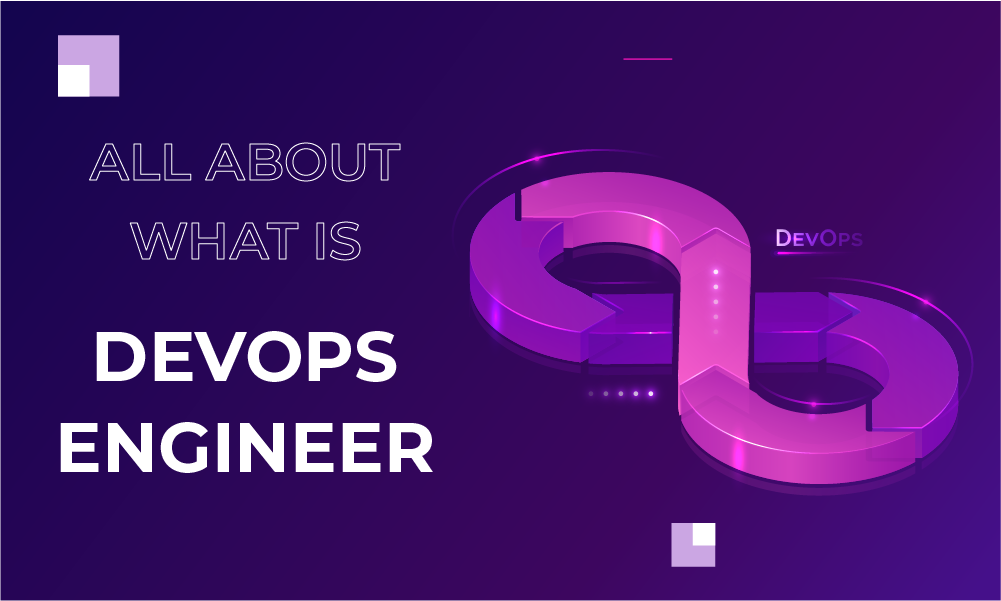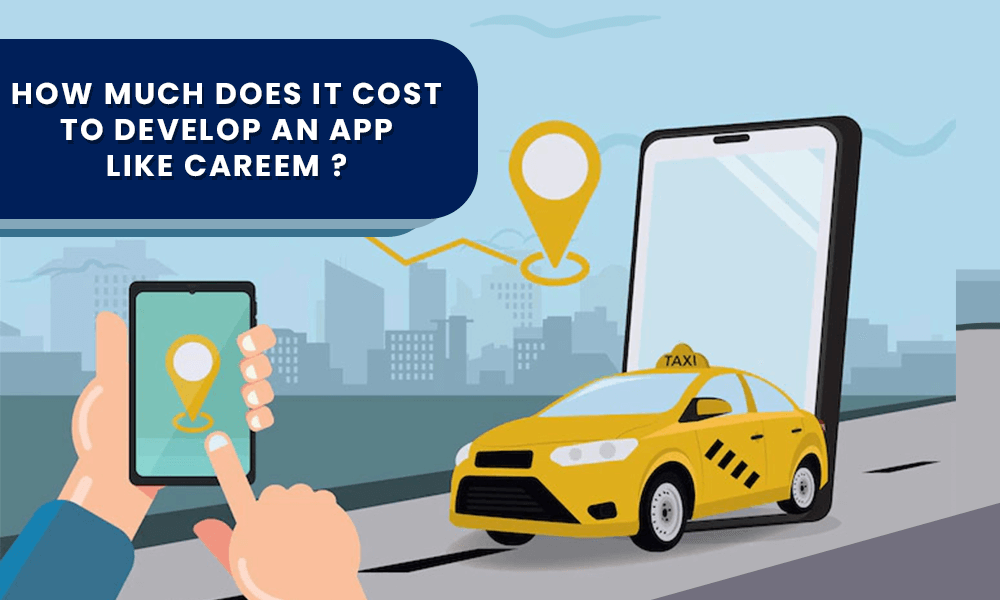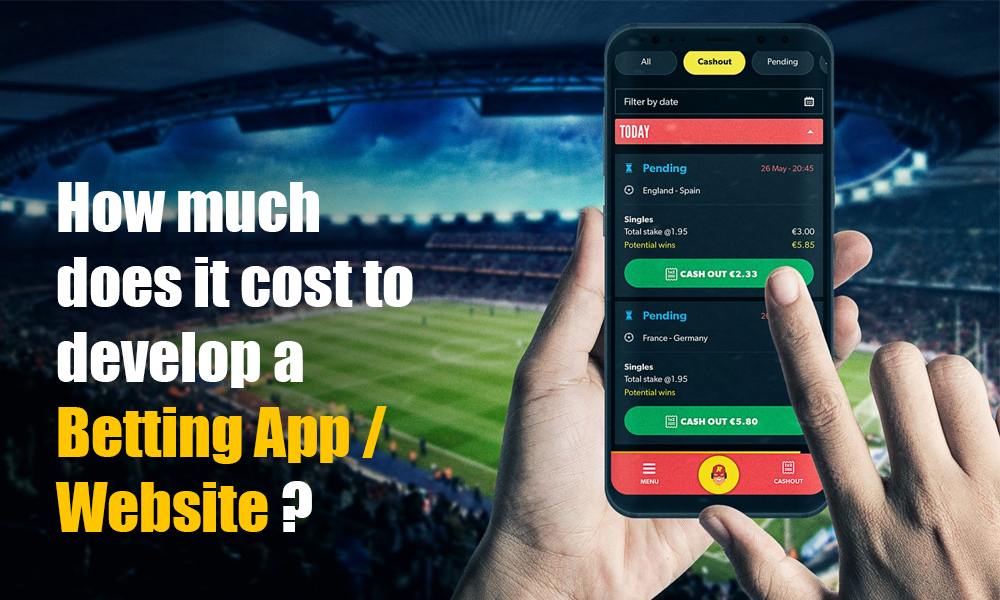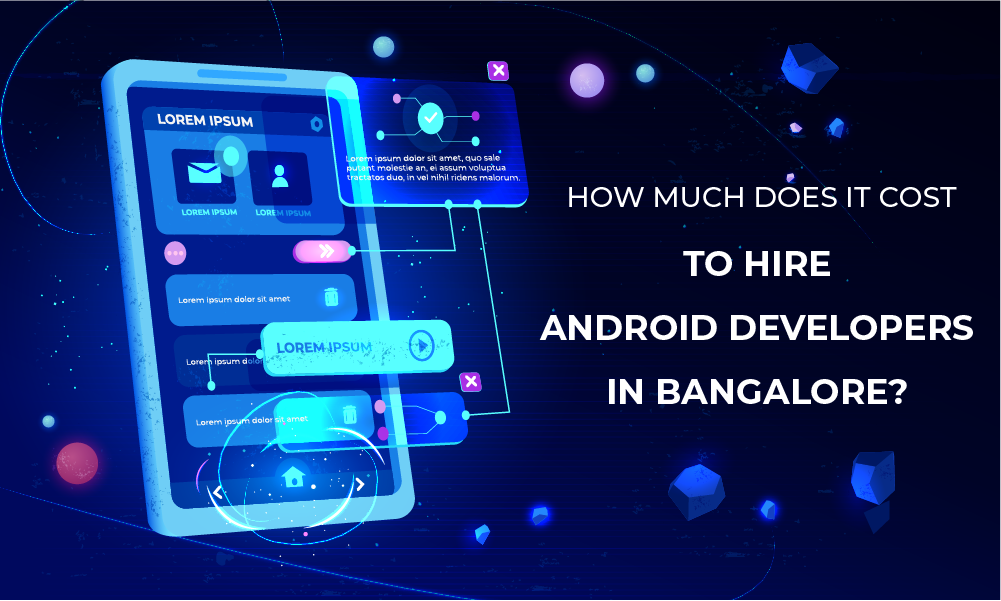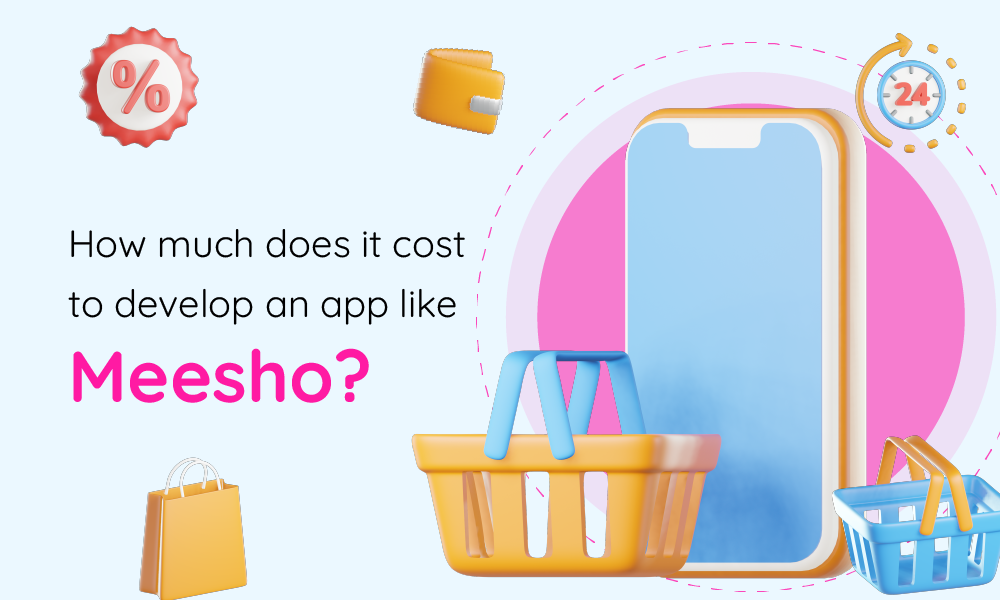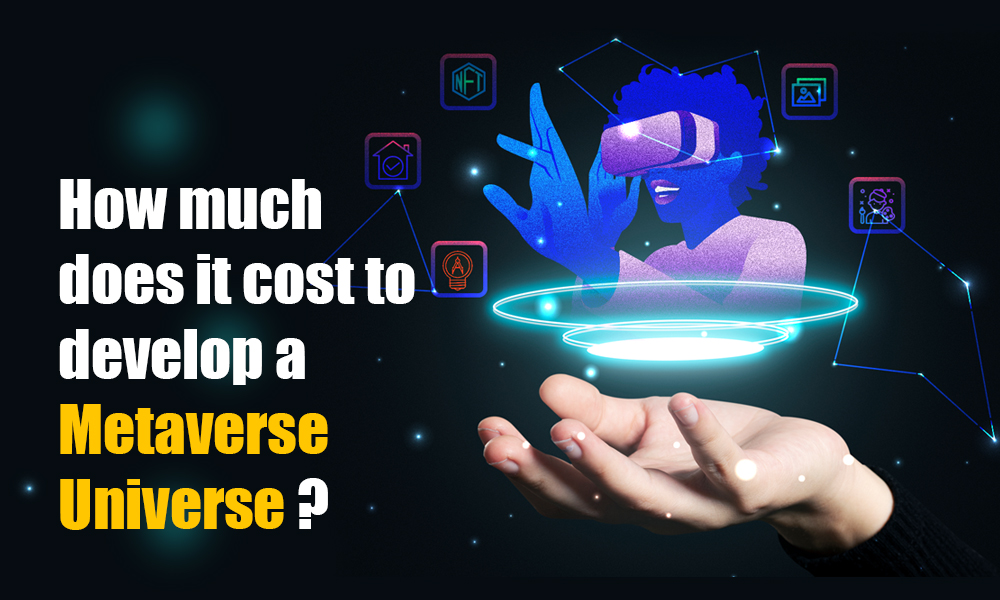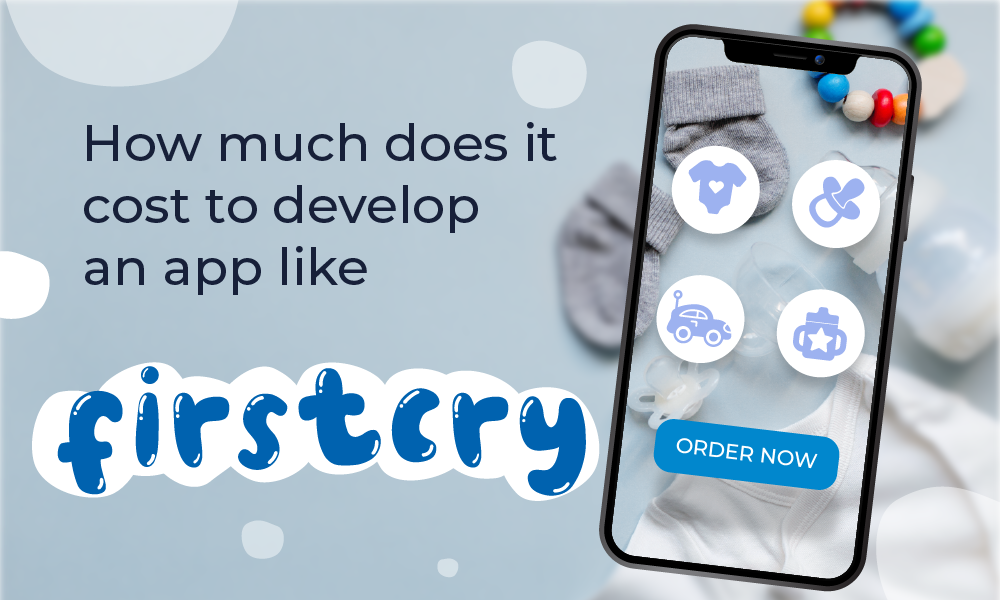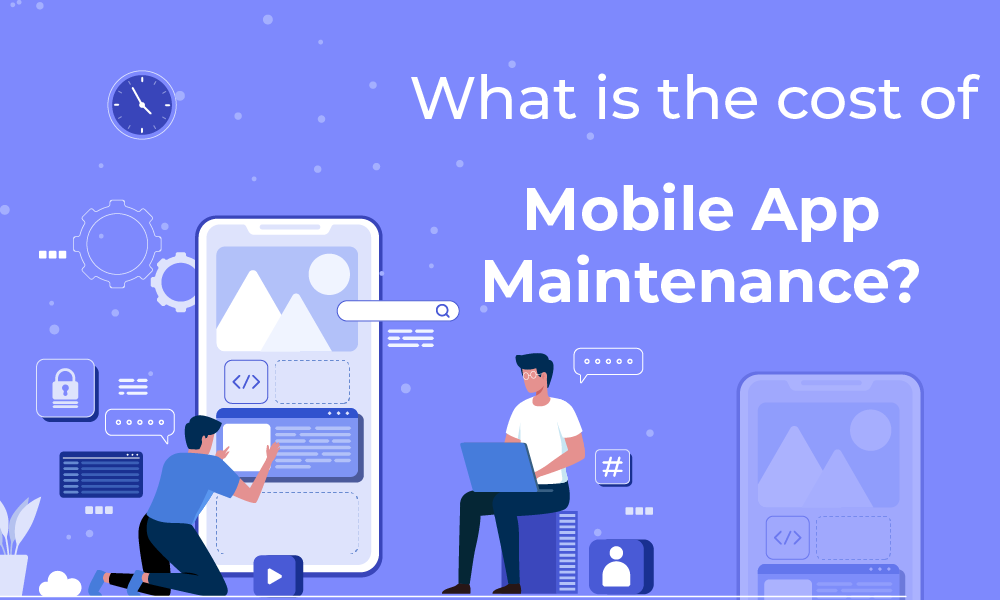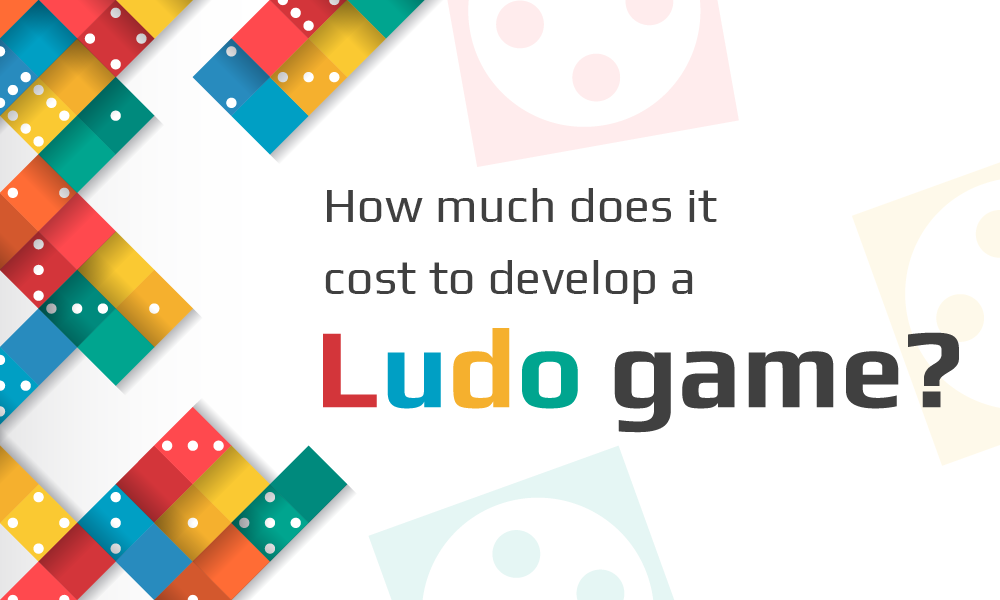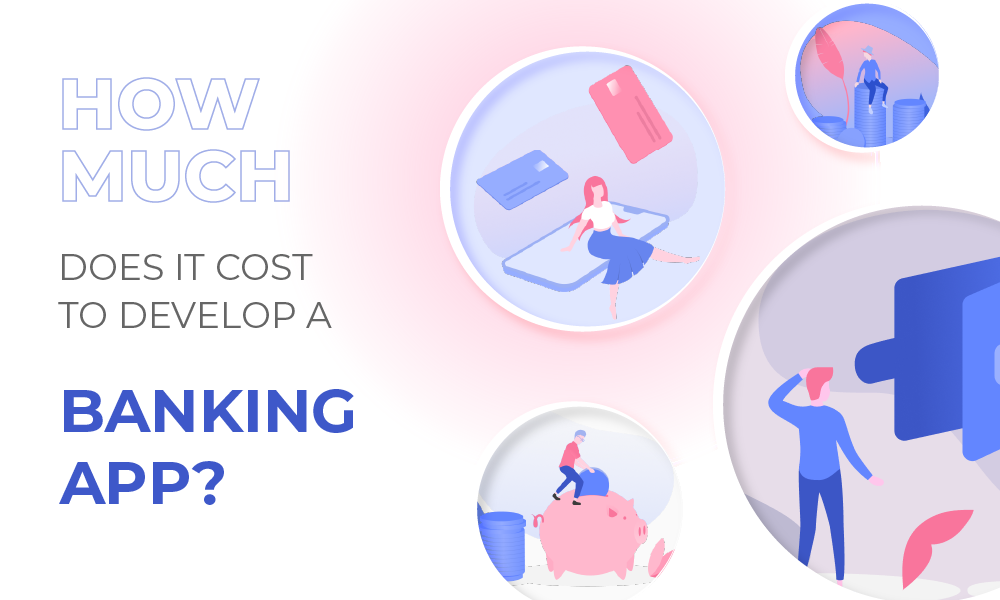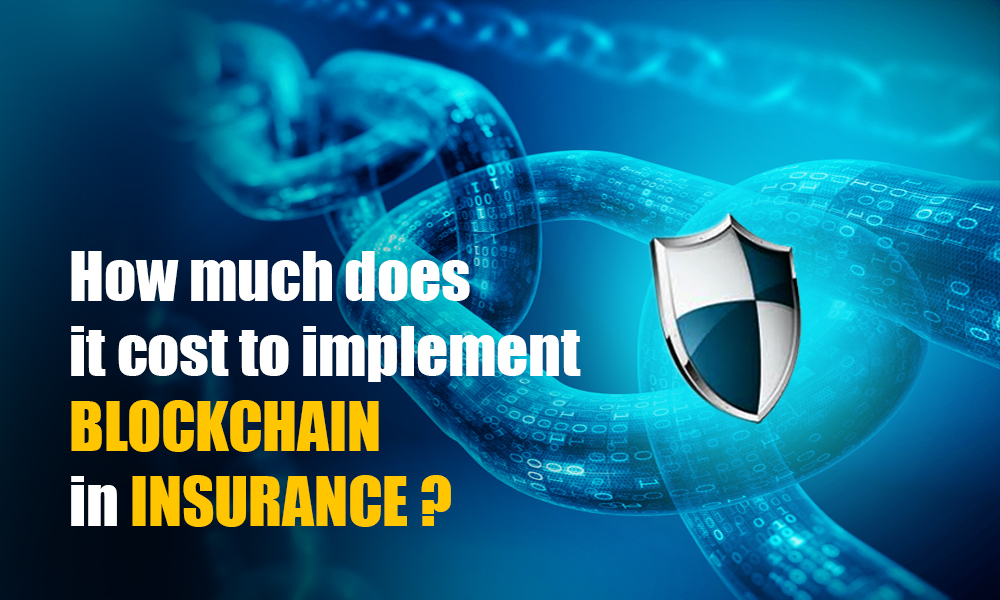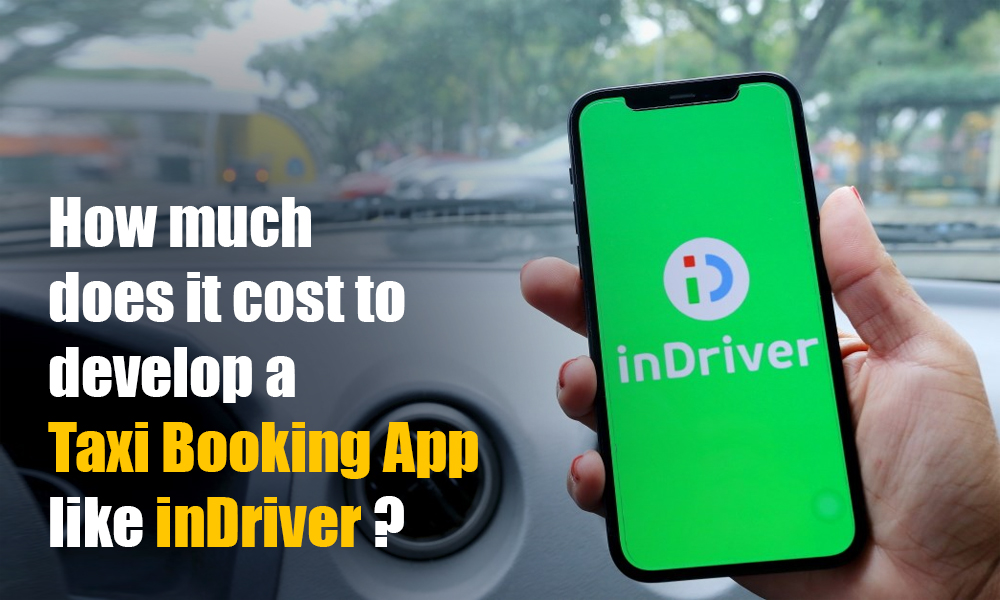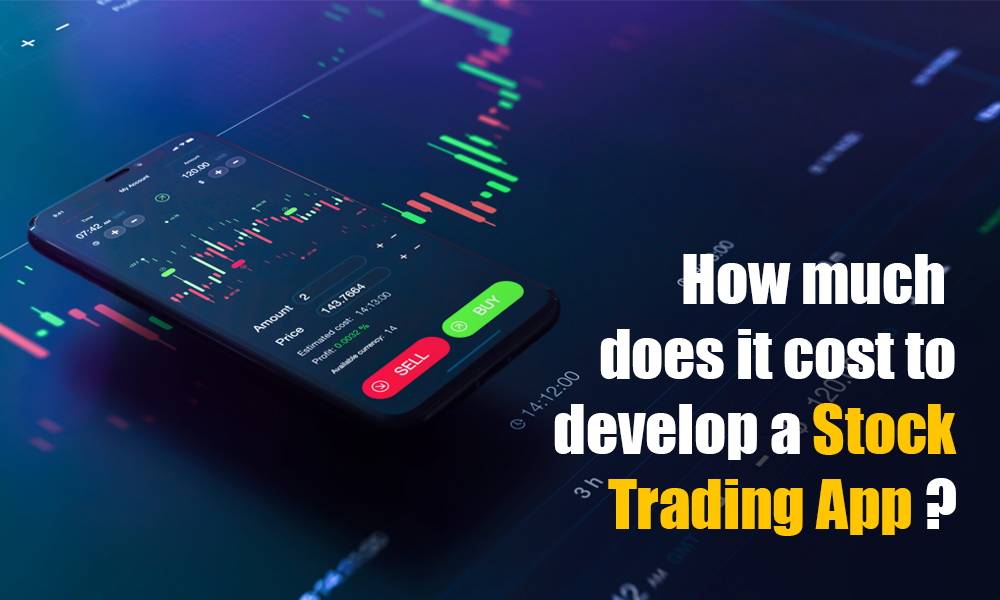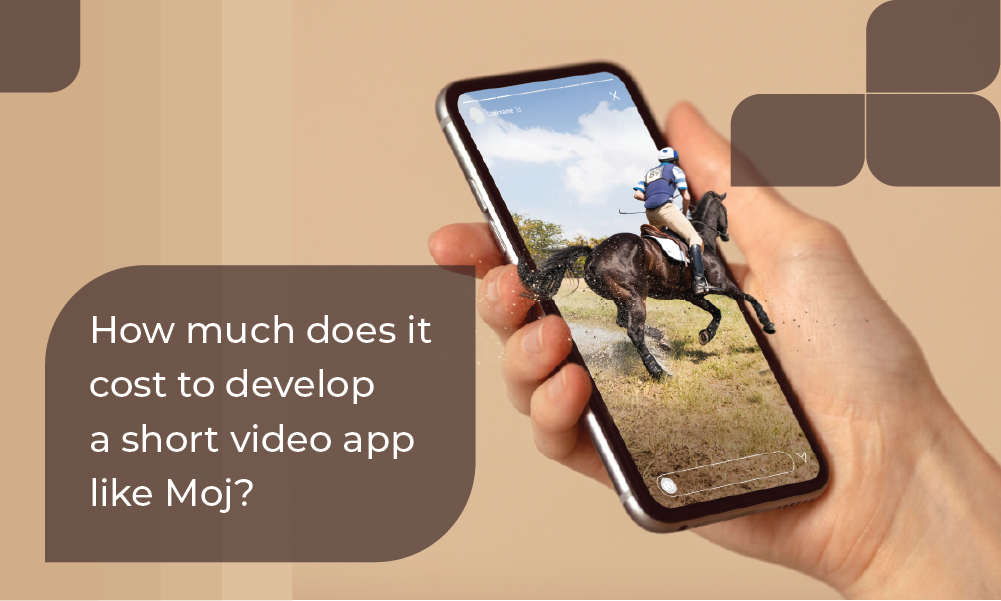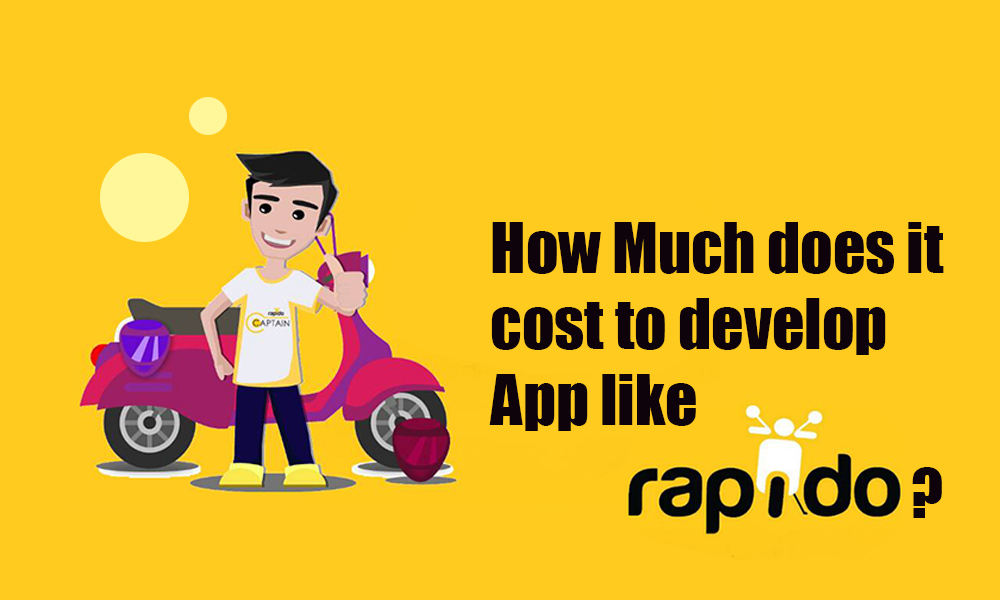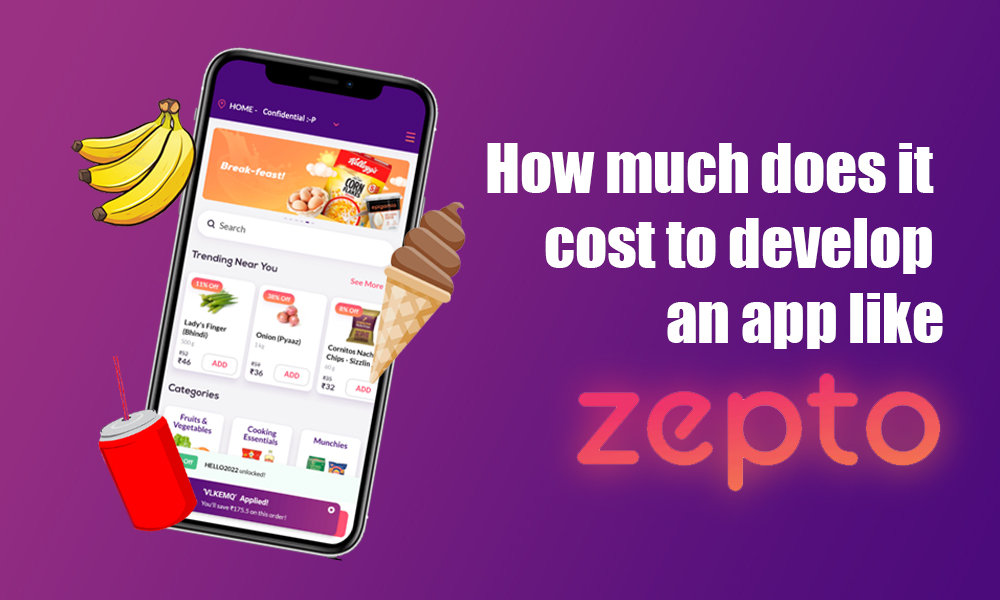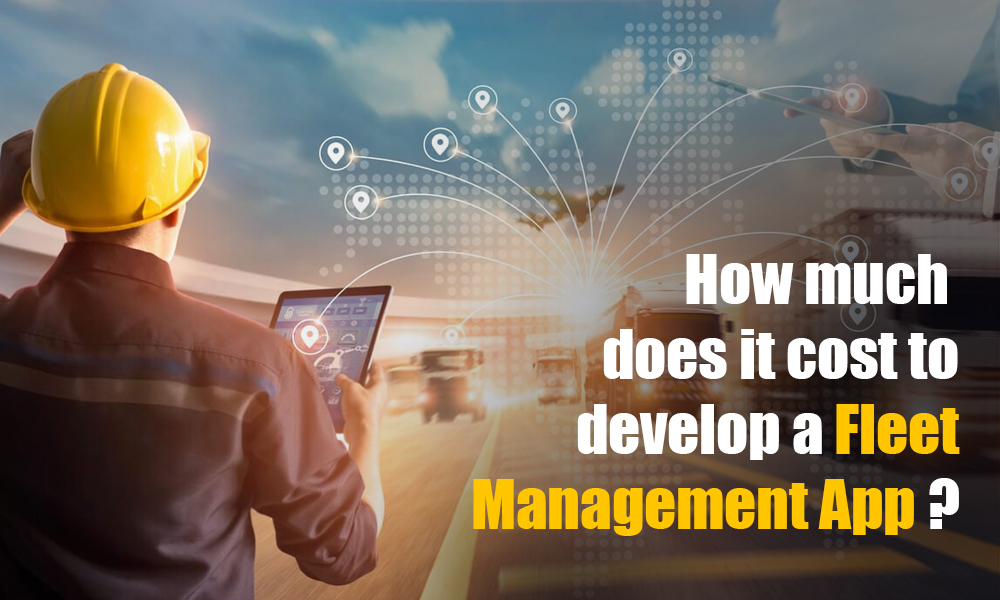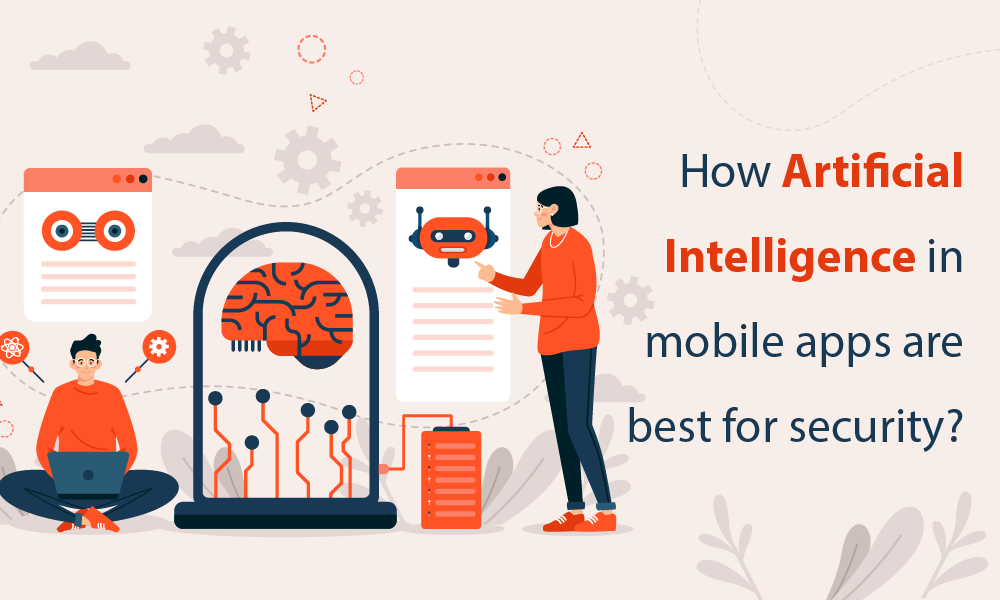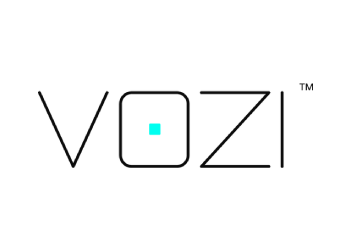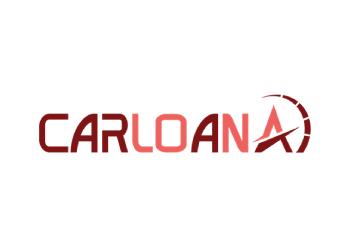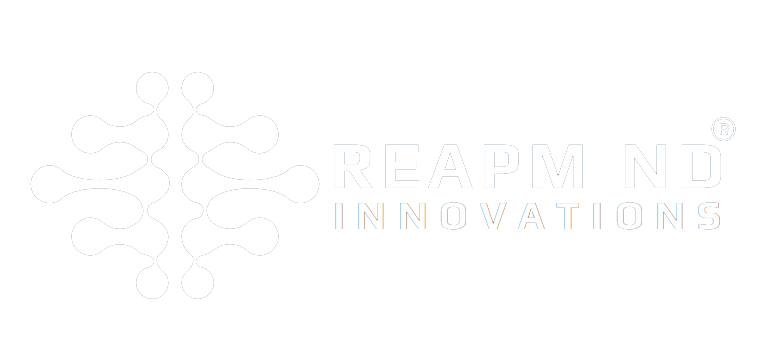How Much Does it Cost to Develop a Blockchain-Based Land Registry App?
Table of Contents
ToggleSince the technology’s inception in 2008, the potential use cases for blockchain have grown at a rapid pace. It was only a matter of time before it took on land registry management.
Because of the capabilities, it brings to the table, many nations are considering the widespread use of this technology in the land registry management sector.
Many countries, including the UAE, Georgia, Sweden, and Ukraine, are already experimenting with land title projects.
As more federal agencies investigate the potential benefits of the transformation, the number of use cases and implementations of blockchain-based land registry systems is growing.
One use case that requires a lot of middlemen to build trust in the system is Land Registry. The current approaches are no longer effective. When you have thousands of land records to keep up with, it can be difficult to keep track of who owns what property.
It’s quite common to encounter paperwork inconsistencies like false titles, forged documents, and a record that has been completely lost. Conflicted parties in these situations often engage in costly legal disputes.
It may be possible to track the transfer of ownership of property thanks to blockchain’s transparency. Governments all over the world are being persuaded to use decentralized blockchain technology in the land registry process of its immutable, auditable, and traceable characteristics.
Difficulties of the Conventional Land Registration Process
Land registries essentially only have to keep track of ownership changes for land and other types of property over time. Although it seems straightforward enough, there are numerous difficulties with this task.
Paper documents, which can be misplaced, destroyed, falsified, or otherwise manipulated, were historically the foundation for land registries. The majority of governments in nations like the UK have switched to digital land registration systems. However, the registration process to sell an older property that hasn’t been registered in the past can be very difficult if the paper title deeds have been misplaced or destroyed.
The seller will need to demonstrate the basis for their own claim without the necessary paperwork and provide an explanation for how the documents ended up being misplaced or destroyed. They will also need to hire qualified surveyors and conveyancing experts to handle the registration requirements.
Middlemen and brokers are involved.
Middlemen and brokers are essential participants of any large corporation because they are more knowledgeable about market offerings. Buyers and sellers typically prefer to call them to assemble a full support team. As a result, buyers gain a deeper understanding of the market and identify lower/higher transaction prices. Because real estate is a big business, it involves a lot of players, including brokers, lenders, intermediaries, and local governments. It incurs additional costs, raising the overall cost of the ecosystem.
Human error or involvement
At the moment, changes to the land registry are made manually, and the accuracy of those changes depends on a specific person. It implies that human error is more likely to occur at the land registry. Errors in the land registry system may become more likely with human intervention.
The rise in fraud cases
There have been several instances of fraudsters pretending to be property sellers. If a fraudster is successful in passing themselves off as the property owner, they might be paid in full and make off with the money. In many of the instances, the fraud wasn’t discovered by either the sellers or the buyers until the land registry conducted a spot check.
Time Delays
The Land Registry takes a very long time to complete title registrations. Between completion and registration, there might be a few-month lag. During this prolonged period, numerous legal issues may also surface. What if, for instance, you need to break a lease but the property has been sold and you need to give the landlord notice? Buyers may have to wait a very long time as a result of such issues delaying the entire process.
Could the problems with the current land registry system be solved by blockchain?
Indeed, it can. To learn how keep reading.
Have a look at – How Much Does it Cost to Implement Blockchain in Insurance?
What Advantages does Blockchain offer to the land registry system?
Verified Databases
The housing market was in complete disarray in 2010 when Haiti was struck by a devastating earthquake. When everything was said and done, it was impossible to match the appropriate owner with the appropriate property. Government officials’ widespread corruption and reliance on manual databases made the problem worse.
Blockchain can help with this. Due to the ability to uniquely code each piece of land and link it to a smart key, it can essentially end property fraud.
Thus, land registry frauds are greatly reduced. Additionally, once the buyer transfers money to the owner’s bank account, ownership can be transferred automatically thanks to ideas like smart contracts.
Better Search Process
To make listings more freely accessible, Blockchain distributes data across a peer-to-peer network. Transparency and trust are impacted because network users have more control over their data. A system like this would provide clearer information about each property, such as the property address, comparable rental rates, capital values, ownership history, tenant information, the property’s age, and the clarity of the title.
Such Blockchain processes are making it simple to buy properties in any location in the world in a flash, in a sector that has historically been characterized by complexity and drawn-out processes!
Effective Property Management
It’s a huge job to oversee ongoing lease agreements, property operations, and cash flows. Many of the issues with what is sometimes called a “smart tenancy contract” are resolved by smart contracts.
Here’s how it functions:
– Beginning: Both parties sign a smart agreement containing all the pertinent information, such as the rental amount, the timing of payments, and the names of the owner and tenant.
– Maintenance: The Smart Contract periodically starts sending rent payments from the tenant’s account to the landlord in accordance with the terms of the lease.
– Termination: After the lease has expired, the security deposit is returned to the tenant, less any necessary deductions for damage repair.
Rapid and affordable financing
Financing becomes simple because Blockchain decreases inefficiencies and boosts transparency throughout the entire ecosystem. Lands’ digital identities support numerous procedures, including loan applications, documentation, due diligence, and property maintenance.
The instantaneous outcome? time spent on loan documentation was cut, and data integrity was improved. All the relevant legal parties, including the necessary government agencies, have access to the involved smart contracts. Officials from the government can follow thorough audit trails of transactions, including ownership histories, cash flows from properties, and mortgage payments.
Smart Contracts’ Contribution to Transparency
Few people actually purchase real estate on their own. Because of administrative issues, the loan or mortgage process gets slower. However, by automating verified transactions, smart contracts can make the process easier. You can create a digital, decentralized ID as a seller or buyer using the blockchain land registry platform. This would speed up and simplify ownership transfer compared to the current procedure. The blockchain is updated with the corresponding transaction as soon as the registrar approves the transfer of the land title, triggering smart contracts to update ownership for the new buyer. The history of ownership records can always be tracked back in this way.
Also, see – How can Blockchain be used in the pharmaceutical industry?
The Blockchain Land Registry Platform: How Does It Work?
Discover More About The Blockchain Land Registry Platform.
Participants in the blockchain-based land registry platform:
Buyer: A person who purchases land and makes use of the platform to look up the property, request access, and communicate with the seller in order to obtain the ownership of the land title.
Seller: An individual who sells land and makes use of the platform to manage properties and give buyers the title to the property.
Land inspector: An individual who utilizes the platform to manage property requests, view reports, confirm, and start the transfer is a land inspector.
User registration to the platform
Participants in the blockchain land registry platform must register if they want to buy or sell real estate.
With information like name, official ID proofs, and designation, they can create a profile on the platform. The identity information that users submit is hashed and stored on the blockchain.
Sellers Post the property details on the website
In addition to pinning the location of the land on a map, sellers can upload photos and documents related to their properties to the platform. On the blockchain, a transaction is created when a seller lists the specifics of a property.
A user who has registered as a buyer will be able to access the property’s details once they have been uploaded to the platform.
Buyers are given access to view the advertised property
Any buyer who is interested in a specific property may contact the seller with a request to view its specifications. Requests for property access are reported to the sellers. By reviewing the buyer’s profile, they can decide whether to accept or reject it.
Buyers can send a request to purchase the property and start the transfer while also viewing the property’s previous ownership records.
To ensure authenticity and traceability, transactions corresponding to the requests made by both sellers and buyers are documented on the blockchain.
The transfer request is approved by the sellers, and the land inspector is notified.
The land inspector is notified to begin the property transfer if the seller approves the request to transfer land ownership. Access to land documents is made available to the land inspector by smart contracts.
The meeting for ownership transfer with the buyer and seller is scheduled after the land inspector confirms the documents.
To resolve any potential future property-related disputes, the meeting record is also added to the blockchain.
The land inspector authenticates the deal and starts the transfer.
The land inspector authenticates the paperwork that buyers and sellers submit before adding it to the blockchain land registry platform.
In front of the land inspector, sellers and buyers on the land registry platform sign the property ownership transfer document.
The signed document is saved in the database, and the blockchain transaction related to it is also recorded.
The transfer is started, and smart contracts kick in to transfer ownership of the title and money to the seller.
Land Registry Document Authenticity and Validation
Any authorized party may upload a signed land registry document to the platform in order to validate it and verify its authenticity in the event of a dispute.
The document is authenticated and no modifications have been made if the hash created after signing the document and the hash created after uploading the document match.
Blockchain's powerful impact on the land registry system
The basic components of traditional land registry management involve creating hard copies of registration documents and having them attested by a government official or a certified notary. When a natural disaster occurs or there is a disagreement between parties regarding who is the rightful owner of a piece of land, this system encounters difficulties that limit its ability to function. When it comes to construction projects, where the government and contractors must wait for the ownership issues to be resolved, the situation’s effects become worse. The land registry system is rife with corruption and inefficiencies as a result of poor record keeping, inadequate verification, and excessive growth of fictitious documentation.
The adoption of blockchain technology in the land registry system has the potential to transform the current setup and add an additional layer of security to all land registry-related documents. The implementation of such a system in the land registry will have the following effects.
Accessibility to Governmental Agencies:
A single window portal can be used by all departments to view data, issue licenses, update or revoke licenses, ask a user to upload proof documents, and perform KYC procedures.
The convenience of parties involved:
Through the portal, users can communicate with the government and upload documents, licenses, and other KYC requirements.
A decrease in forged documents and certificates:
By scanning the QR code or typing the document’s unique ID, anyone can confirm the document’s authenticity.
Effective governance: Since the solution reduces the amount of time required for users to interact with the government, the effectiveness of governance across various departments can be increased.
The documents will be turned into smart contracts and stored inside a block in the blockchain network. There won’t be any fictitious paperwork or fraudulent activities in the land registry system because the government will have the public access key to every parcel of land in the nation. From the standpoint of a buyer, the buyer can be confident in the provenance of the land and the location of the plot, lowering the risk of any disputes and cutting down on the costs and time associated with any given transaction.
The government will be able to cut out unnecessary costs and the involvement of third parties for registration with the help of blockchain-based documentation in the land registry system. Using this system, the transferor and the transferee can be granted their rights and obligations because the smart contract won’t execute if any prerequisites are missing.
How Much Does it Cost to build a Blockchain-based land registry app?
The cost to develop a Blockchain-based land registry app depends on various factors such as project scope, technology stack, project management, the required type of blockchain and more
However, the cost to develop a blockchain-based land registry app can fall between $45k-$100,000.
Reach out to a reputable blockchain development company such as ReapMind to know the accurate cost based on your project requirements
Conclusion
Blockchain technology has the potential to address all land registry issues for developing nations in a number of ways, including:
Since information is encrypted and stored using cryptography, each item on the blockchain ledger is securely coded with a unique identifier that enables tracking and security.
Blockchain technology relies on a consensus to function. This means that for a new record to be verified after it is added to the ledger, there must be actual connections to other network nodes. It cannot be added if it has no connection.
The record-keeping in a blockchain is dispersed. Authorized people are able to view information and add it to the ledger. There is no need for them to rely on a central command or a middleman.
Beyond these characteristics, tokenization and smart contracts open up a world of opportunity for real estate ownership. Fractional ownership of a building or plot of land is possible if the property is represented as a digital token on the blockchain. With paper-based registries, such a use case is wholly impractical. It has no significant impact on a blockchain. Future property owners may decide to sell a portion of their holdings to pay for construction projects, generating new revenue streams and avoiding the need to borrow money from a mortgage lender.
